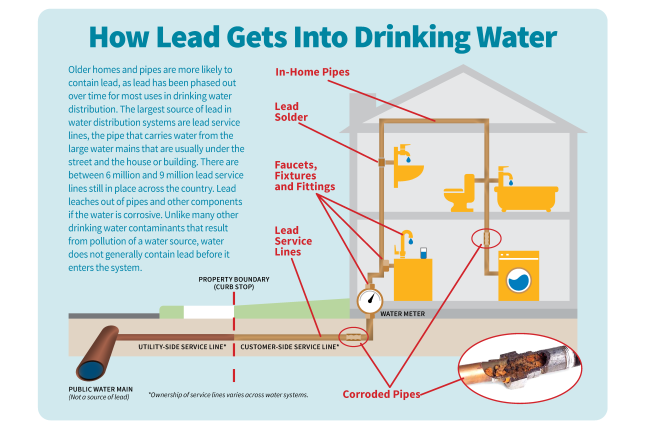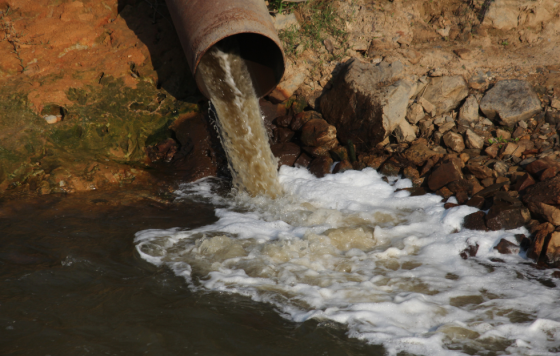
Today Minnesota State Director Avonna Starck submitted written testimony in support of HF24, "Authority modified to ensure safe drinking water, drinking water revolving fund provisions modified, grant program established to replace lead drinking water service lines, grant program established for mapping lead service lines, report required, and money appropriated". This important bill (and Senate companion SF30) would ensure fully funded lead service line replacement in Minnesota.
House File 24 (Jordan): SUPPORT
Dear Chair Lee and Committee Members,
Clean Water Action Minnesota has been working since 1982 to find solutions to health, consumer, environmental, and community problems while developing strong, community-based environmental leadership, and working for policies that improve lives and water. We believe all of Minnesota’s waters should be fishable, swimmable, and most importantly - drinkable.
We support the passage of House File 24 because it is a straightforward solution for our decades long lead service line problem. Lead is a highly poisonous metal and can affect almost every organ in the body and the nervous system. The U.S. Environmental Protection Agency (EPA) estimates that lead in drinking water can be 20% or more of a person’s lead exposure.
Lead exposure occurs through inhalation, ingestion and to a lesser extent, dermal contact. Even low-level exposure to lead is linked to cardiovascular disease in adults. Children under 6 and developing fetuses are most susceptible to lead exposure because they absorb more lead than adults and because their brains and nervous systems are still developing. There is no safe level of lead exposure.
House File 24 is Minnesota’s opportunity to rid our communities of lead service lines once and for all. With unprecedented federal funding, the support of labor unions, the opportunity to create good jobs with a prevailing wage, and the ability to protect Minnesotans from lead, now is the time to take swift and decisive action.
For far too long we’ve piecemealed solutions together for this problem. By ensuring full lead service line replacement rather than partial replacement, we are preventing unintended lead exposure. When only public lines are replaced, private lines are disturbed, and lead is loosened and sent through lines and into homes and businesses through taps. By fully replacing these lines we are preventing additional unintended exposure.
A 2014 Minnesota Department of Health Report states that “the total economic burden of childhood lead poisoning in Minnesota on lifetime earnings is $1.9 billion.” The report also goes on to explain that children who live in poverty and those who are under 6 years old living in houses built before 1978 are the most at risk for exposure. The return on the investment this bill provides is clear - we can’t afford to not act.
This bill is a wise use of dollars and a vital step in protecting Minnesota’s water. Everyone - regardless of economic status, the community in which they live, their race, or background, has a right to clean and affordable drinking water. This bill advances this right. We urge the support of HF 24.
In appreciation,
Avonna Starck
State Director
Clean Water Action



